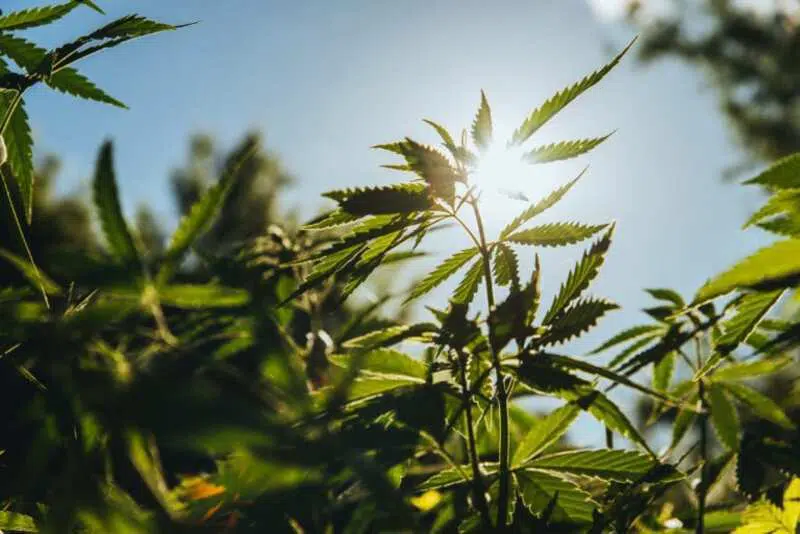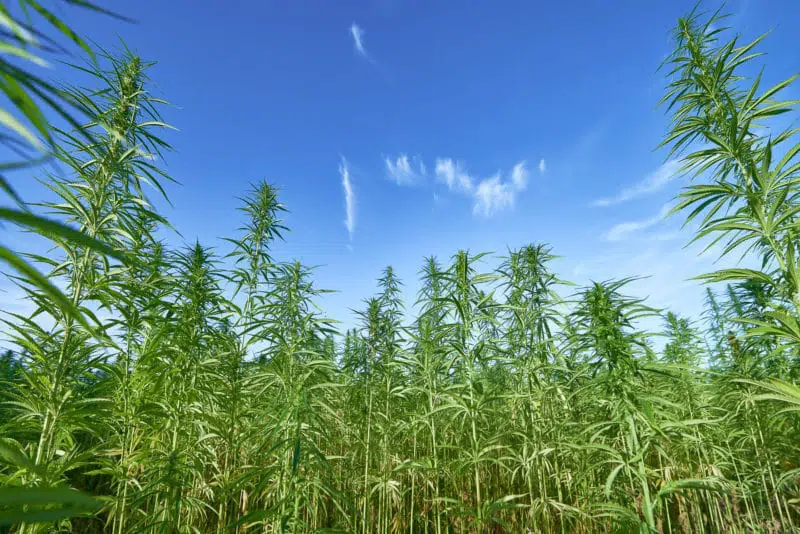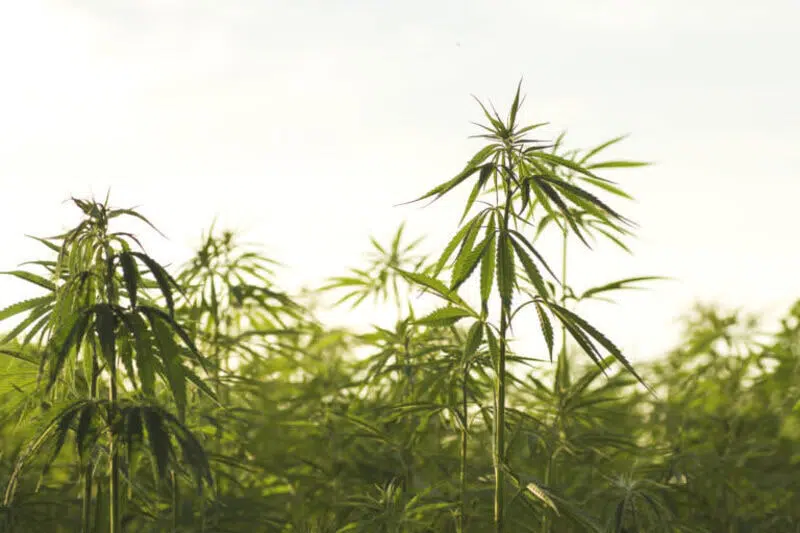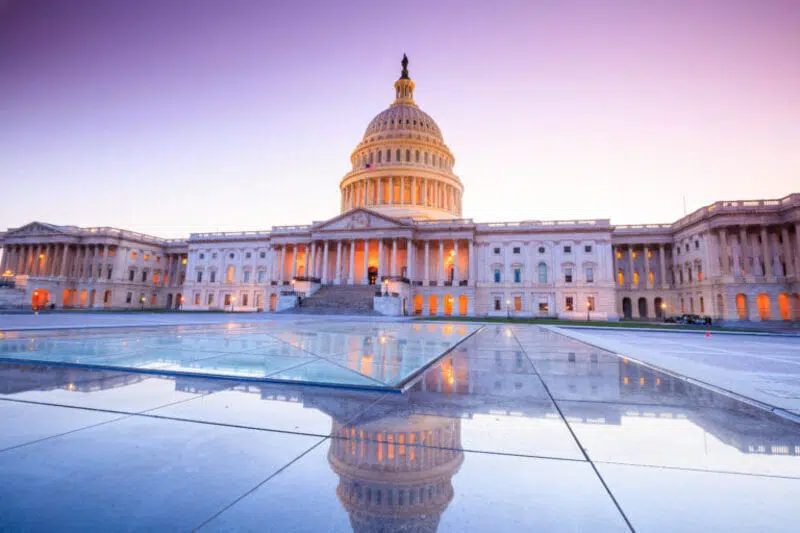-
- Market Research
- |
- CBD Near Me
- |
- Giveaways
- |
- Newsletter
- |
- Contact
- |
- Advertise
- |

Table of Contents
Here are the main CBD news stories from this week:
- Louisiana is on the brink of banning CBD products after state officials determined that CBD is illegal despite the 2018 Farm Bill.
- According to a report by Brightfield Group, the European Union’s CBD market will explode over the next few years.
- One week after the news broke about CVS selling CBD topicals, Walgreens announced its plans to sell CBD topicals in nearly 1,500 stores.
- After the state banned CBD edibles in January, Governor Janet Mills of Maine signed an emergency bill allowing the sale of CBD-infused foods.
Table of Contents
- Louisiana Officials Determine CBD Products Are Illegal Despite 2018 Farm Bill
- Explosive Growth Expected for European Union’s CBD Market
- The US CBD Market
- Walgreens To Sell CBD Products in 1,500 Stores
- Bumps in the Road to Growth
- Governor of Maine Signs Bill Allowing CBD Products
Louisiana Officials Determine CBD Products Are Illegal Despite 2018 Farm Bill
Louisiana Office of Alcohol and Tobacco Control issued a notice stating that any product extracted from a marijuana plant, including CBD, is considered a schedule I substance and is thus illegal.
Currently, Louisiana makes no distinction between CBD derived from marijuana or hemp.
The state also has no hemp cultivation program, and state law still lumps hemp with marijuana as a schedule I substance.
The notice also realizes that the passing of the 2018 Farm Bill may conflict with the current state laws.
As a result, the state is waiting on the Louisiana Drug Policy Board and Louisiana Attorney General Jeff Landry to issue opinions between the 2018 Farm Bill and current state law.
While waiting on these opinions, the Louisiana Office of Alcohol and Tobacco Control plans to start taking action.
“ATC agents will be issuing citations to any retail permit holders who offer CBD products which appear on the agency’s banned list and, ordering the removal of all CBD products from the licensed premises,” said Juana Marine-Lombard, the Commissioner of the Louisiana Office of Alcohol and Tobacco Control.
Any cannabis products sold in Louisiana must comply with the state’s medical marijuana program, which does allow for CBD-rich products.
Explosive Growth Expected for European Union’s CBD Market
According to a report from Brightfield Group, a CBD market analysis firm, the European Union’s CBD market is projected to hit $1.7 billion by 2023.
The CBD market in Europe is currently expected to be worth $416 million in 2019.
Growth in the industry has been slow due to a couple of factors.
First, the differing regulations in the individual nations make it difficult for companies to market across multiple countries.
“CBD is currently proliferating through a patchwork of widely different regulations throughout Europe which has made it a very strange and piecemeal market,” said Bethany Gomez, the managing director at Brightfield.
Second, the EU currently prohibits CBD-infused food products, much like the FDA. This has limited the diversity of CBD products in the market, which mainly consists of topicals.
However, an amendment to allow edible CBD products could potentially pass this year, according to a report by BNN Bloomberg.
The US CBD Market
The US hemp-derived CBD market is proliferating, and with the passing of the 2018 Farm Bill, it is expected to grow exponentially in the coming years.
Brightfield Group is the same firm that projected the US market to hit $22 billion by 2022. In 2019, the market is expected to be worth over $5 billion.
One crucial aspect of this lofty projection is the expectation that major retailers and beverage makers will enter the industry.
CVS and Walgreens have both recently announced that they are introducing CBD topicals into their stores.
Walgreens To Sell CBD Products in 1,500 Stores
Walgreens announced this week that it plans to sell CBD topicals in 1,500 stores across the nation.
The stores will be in Oregon, Colorado, New Mexico, Kentucky, Tennessee, Vermont, South Carolina, Illinois, and Indiana.
This news comes after CVS began selling CBD products in 800 of its stores across eight states.
Walgreens has not announced which CBD brands they have partnered with.
Both retailers are sticking to external CBD products because of current FDA regulations, which do not allow CBD-infused foods, including capsules and tinctures.
Outgoing FDA Commissioner Scott Gottlieb has said the agency is working on a new regulatory framework for CBD, but it could take years to finish. Gottlieb suggested that Congress could pass a CBD-specific bill allowing the marketing of CBD as a dietary supplement.
Despite being limited to CBD topicals, retailers including CBD products into their offerings is indicative of how popular the compound has become.
Other retailers have also gotten into the market, or are seemingly interested:
- Neiman Marcus has sold luxury, CBD-infused beauty products since January of 2019.
- Whole Foods has expressed interest in the CBD and hemp markets but has not announced any partnerships.
- Target once sold products from Charlotte’s Web in 2017 before taking them off the shelve, making them a potential candidate to try again now that legislation is more clear on CBD.
- Coca-Cola expressed interest in working with Aurora Cannabis about creating CBD-infused beverages in 2018.
Brightfield Group’s projection for the US CBD market ($22 billion by 2022) accounts for the expectation that these big retailers and others will enter the CBD space.
So far, it has held true.
Bumps in the Road to Growth
The market has been off to a seemingly good start in 2019, although it has experienced some difficulties.
For example, Maine, Ohio, and New York City all deemed CBD as illegal to some extent, with bans ranging from prohibiting CBD-infused food products to banning CBD altogether.
These states cited FDA regulations—which does not allow for food products to contain CBD—as the basis for these bans.
Even California, which is one of the most progressive states in the space, has limited the use of CBD in its state, as former Governor Jerry Brown signed a bill into law prohibiting the cannabinoid in alcoholic beverages.
However, change may be coming as one state recently overturned its ban on CBD products.
Governor of Maine Signs Bill Allowing CBD Products
Maine Governor Janet Mills signed an emergency bill this week allowing CBD to be added to food products.
The new bill considers CBD a food instead of a drug, which is what prevents the FDA from allowing CBD in food products.
Maine’s Department of Health and Human Services first banned the sale of CBD edibles back in January.
The state apologized for the ban the following month, stating that the department was supposed to educate retailers and not give an order.
On Wednesday, Governor Mills signed the bill after it passed almost entirely unopposed through both chambers of the legislature. As an emergency measure, it goes into effect immediately.
“We heard from farmers, processors, retailers, health care practitioners, and people who have found relief in the medicinal qualities of the nutrient dense whole food that is the hemp plant,” said Rep. Craig Hickman, the author of the bill. “They needed us to act.”
Hemp farming has grown substantially in Maine since the pilot program began in 2016. In that first year, only two farmers were licensed and they grew less than an acre of hemp combined.
In 2018, the state had 82 licensed hemp farmers who together grew 550 acres of the plant.
While hemp has several purposes, the most profitable end market for hemp is CBD products, making this legislation crucial for the state’s hemp industry.
“I am glad we were able to take steps to rectify this issue,” said Gov. Mills after signing the bill.







